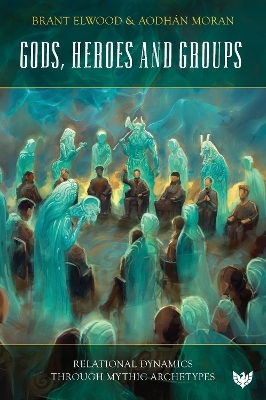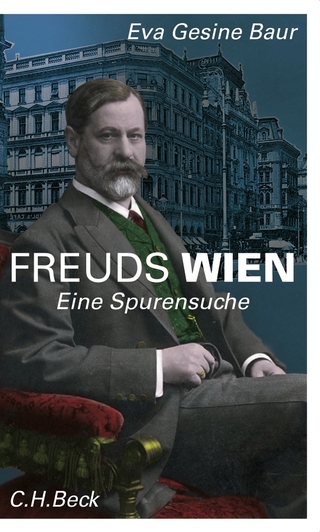
Gods, Heroes and Groups
Phoenix Publishing House (Verlag)
978-1-80013-287-0 (ISBN)
- Titel z.Zt. nicht lieferbar
- Versandkostenfrei innerhalb Deutschlands
- Auch auf Rechnung
- Verfügbarkeit in der Filiale vor Ort prüfen
- Artikel merken
We are each a part of many different groups, teams, and organisations in our lives – this is unavoidable. Groups are powerful – we want to belong, and yet there is something dangerous about becoming too enmeshed with groups. We have painful historical examples to draw from, such as the Holocaust or the Salem Witch Trials. In today’s Western culture, we are experiencing unprecedented groupthink, political radicalisation, and polarisation
between groups.
If we can learn to understand the currents and hidden dynamics within group life, we stand to benefit immensely. Not only might we gain on a personal level (better relationships, more effective leadership), but we may also become more influential in service to a better world.
Gods, Heroes and Groups helps readers conceptualise group dynamics in a deeper way and builds the creative muscle required for generating insight into how their groups operate. The methodology is somewhat novel, synthesising post-Jungian ideas about myth with modern theories of group psychology. Myths carry deep archetypal meaning that can ‘decode’ the unconscious elements in groups, which is especially powerful when combined with modern psychological frameworks.
This type of thinking is a useful skill for executive coaches, facilitators, and therapists who work with groups or family systems, and for anyone looking to understand the effects of groups on the individual.
Brant Elwood has a MA in Social-Organisational Psychology from Columbia University and is a therapeutic consultant. He has held leadership positions within several therapeutic treatment organizations. During the pandemic, he directed a non-profit that utilised myth and archetypal theory to conduct rites of passage work with young men in the southeast US. Brant draws from the mythopoetic lineage of Robert Bly, Robert Johnson, and others in an attempt to establish a novel style of thinking about groups in communities and organisations. He first attended a Tavistock-style group relations conference in 2015. Aodhán Moran has one foot in psychology and the other in technology. Starting his career in tech and e-commerce, Aodhán worked various roles in start-ups and scale-ups across Galway, San Francisco, and Toronto before pursuing a career in clinical psychology. Aodhán is a certified executive coach through Dr Simon Western’s Ecoleadership Institute. His practice is grounded in the analytic-network systems psychodynamic lens, which he uses to coach young entrepreneurs toward self-awareness in their work. As a student of group relations since 2019, Aodhán has attended multiple group relations- style conferences in member, trainee consultant, and staff roles, including The Tavistock Institute of Human Relations’ Leicester Conference. Aodhán draws on Carl Jung, Joseph Campbell, Jonathan Pageau, René Girard, Simon Western, and others in his explorations of individual and group dynamics. Aodhán is particularly interested in the intersection of psychology, mythology, and religion, and how these areas can inform our understanding of individual and group behaviour.
About the authors
Foreword by Leslie Brissett
Introduction
1. The work
2. A little bit of theory: projection and projective identification
3. Creation myths and early group stages
4. Hierarchies and power in groups
5. Leadership succession and worship
6. Murder and death
7. Unions and pairings
8. Incest and group diversity
9. Attraction and contempt
10. War and competition
11. Scapegoating
12. The great floods and groupthink
13. The Drama Triangle
14. Sabotage and crisis compulsion in organisations
15. The crisis compulsion
16. The pain of transformation
17. Collision of paradigms: isomorphism vs projection
18. Grief and adjourning
19. Here-and-now work for us as a culture
References
Index
| Erscheint lt. Verlag | 14.11.2024 |
|---|---|
| Sprache | englisch |
| Maße | 152 x 229 mm |
| Gewicht | 242 g |
| Themenwelt | Geisteswissenschaften ► Psychologie ► Psychoanalyse / Tiefenpsychologie |
| Geisteswissenschaften ► Psychologie ► Sozialpsychologie | |
| ISBN-10 | 1-80013-287-5 / 1800132875 |
| ISBN-13 | 978-1-80013-287-0 / 9781800132870 |
| Zustand | Neuware |
| Haben Sie eine Frage zum Produkt? |
aus dem Bereich


